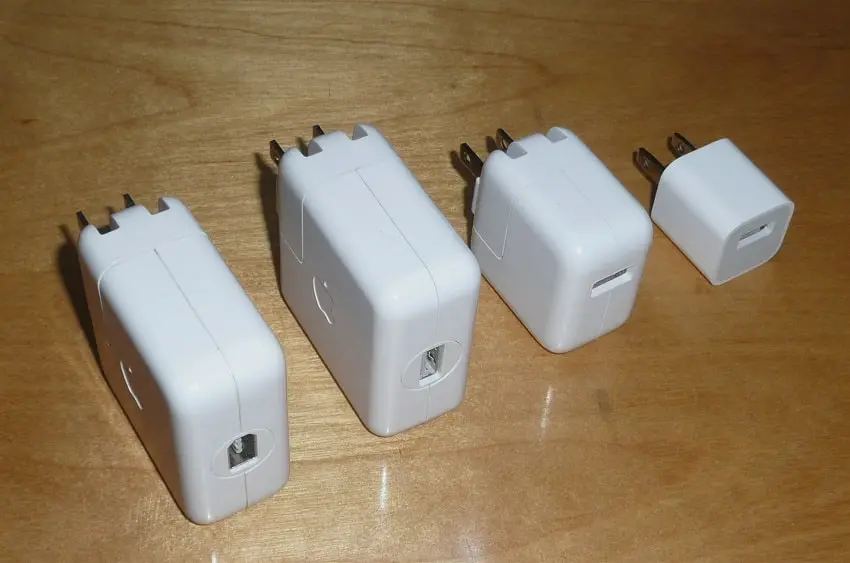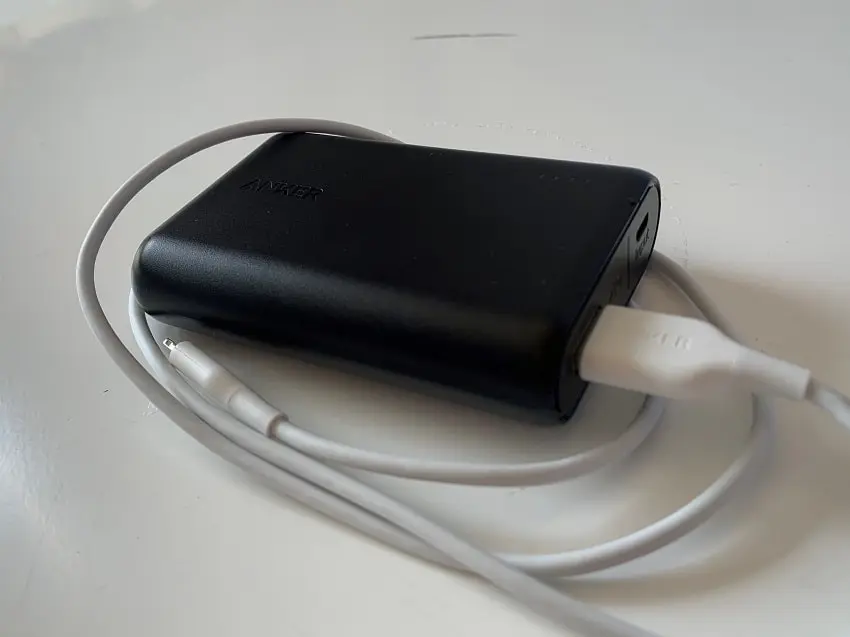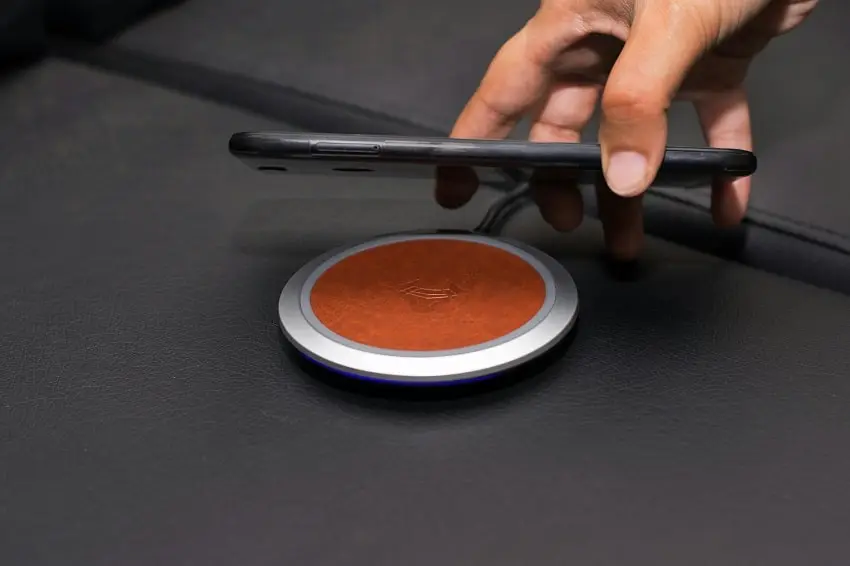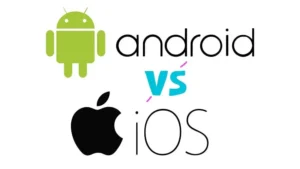In our hyper-connected world, the necessity of staying powered up on the go is more critical than ever. Mobile chargers have become indispensable tools, whether you’re a tech enthusiast keeping up with the latest gadgets, a traveler exploring new destinations, or simply a smartphone user managing daily tasks. This blog will take you through the fascinating landscape of mobile chargers, highlighting various types, their functionalities, and how to choose the right one for your needs.
The Lifeline of Modern Devices
Mobile chargers are the unsung heroes of our digital age, providing the essential power that keeps our devices running. With the proliferation of smartphones, tablets, and other portable electronics, understanding the different types of chargers available can make a significant difference in your daily life. From ensuring that you never miss an important call to keeping your navigation apps running smoothly, the right charger can enhance your tech experience.
Common Types of Mobile Chargers

Wall Chargers
Wall chargers are the most common type of mobile chargers. They plug directly into a standard electrical outlet and connect to your device via a USB cable.
How Wall Chargers Work
Wall chargers convert AC (alternating current) from your electrical outlet into DC (direct current) that your device can use. They typically feature a USB port where you can plug in the charging cable that connects to your device.
Advantages of Wall Chargers
One primary advantage of wall chargers is their efficiency. They usually provide faster charging speeds compared to other types of chargers. Additionally, they are widely available and often come included with new devices, making them a convenient option.
Disadvantages of Wall Chargers
However, the need for an electrical outlet can be limiting. If you’re traveling or in a location without accessible power sources, wall chargers become less useful. Furthermore, they can vary in charging speed depending on their wattage, which may not always be compatible with all devices.
Car Chargers

Car chargers are designed for use in vehicles, plugging into the car’s power outlet (often a cigarette lighter socket).
How Car Chargers Work
Car chargers convert the DC power from your car’s battery into a voltage that can charge your mobile devices. They typically feature one or more USB ports for connecting charging cables.
Advantages of Car Chargers
The main advantage of car chargers is their convenience for travelers and commuters. They allow you to charge your devices while on the move, ensuring that your phone or tablet remains powered during long trips.
Disadvantages of Car Chargers
On the downside, car chargers depend on the vehicle’s battery, which can be a drawback if the car’s engine is off. Overuse without the engine running can drain the car battery, potentially leaving you stranded.
Power Banks

Power banks are portable battery packs that can be pre-charged and used to recharge your devices on the go.
How Power Banks Work
Power banks store electrical energy in a battery and transfer it to your device when needed. They come with USB ports and sometimes include built-in cables.
Advantages of Power Banks
Portability is the key benefit of power banks. They enable you to recharge your devices anywhere, anytime, without the need for an electrical outlet. With varying capacities, power banks can charge multiple devices or provide several charges for a single device.
Disadvantages of Power Banks
However, the need to keep power banks charged and their larger size compared to other chargers can be inconveniences. Additionally, charging speeds can be slower than wall chargers, and the power bank itself requires regular recharging.
Wireless Chargers

Wireless chargers use electromagnetic fields to transfer energy between the charger and your device, eliminating the need for cables.
How Wireless Chargers Work
Wireless chargers use inductive charging, where an electromagnetic field transfers energy from the charger to the device. The device must be placed on the charging pad to receive power.
Advantages of Wireless Chargers
The main advantage of wireless chargers is the convenience of cable-free charging. Simply placing your device on the charging pad starts the charging process, reducing wear and tear on charging ports.
Disadvantages of Wireless Chargers
Despite their convenience, wireless chargers often provide slower charging speeds compared to wired options. They also require precise alignment of the device on the charging pad, and not all devices support wireless charging.
Choosing the Right Charger for Your Needs
Device Compatibility
Ensuring compatibility between your charger and device is crucial. Check the wattage and voltage requirements of your device to select a charger that provides the appropriate power level.
Charging Speed
Consider the charging speed offered by different chargers. Fast chargers can significantly reduce charging time but may not be compatible with all devices.
Portability
Think about where and how you’ll use your charger. If you travel frequently, a portable option like a power bank or car charger may be more suitable. For home or office use, a reliable wall charger or wireless charger might be ideal.
The Future of Mobile Charging Technology
With advancements in technology, the future of mobile charging looks promising. Emerging trends include faster wireless charging, solar-powered chargers, and universal chargers compatible with multiple devices. Innovations in battery technology and charging standards aim to make charging more efficient and environmentally friendly.
Fast Wireless Charging
Recent developments in fast wireless charging aim to bridge the gap in charging speeds between wired and wireless options. This technology promises to make wireless charging more efficient and appealing to users.
Solar-Powered Chargers
Solar-powered chargers offer a sustainable solution for powering devices using renewable energy. These chargers are particularly useful for outdoor enthusiasts and eco-conscious consumers.
Universal Chargers
Universal chargers are designed to be compatible with a wide range of devices, reducing the need for multiple chargers and cables. This trend promotes convenience and reduces electronic waste.
Power Up with the Right Charger
Having the right mobile charger can make a significant difference in your daily life. Whether you’re a tech enthusiast, a frequent traveler, or a smartphone user, choosing the right charger ensures that your devices remain powered and ready to use. Explore the various options available, consider your specific needs, and stay informed about upcoming innovations in mobile charging technology.
Join the conversation and share your experiences with different types of mobile chargers. We’d love to hear your thoughts!


